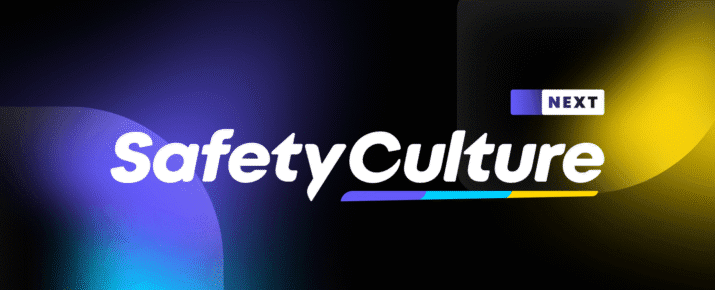The Tech You Don’t Know You Need but Won’t Want to Live Without
SafetyCulture News | By | 26 Aug 2018 | 2 minute read

Ever sent a text that doesn’t make sense because your phone has changed a word? Everyone’s done it. “Autocorrect!” we exclaim when it happens. “So frustrating!”
Have you noticed, though, that eventually your autocorrect starts to know what you’re typing before you’re halfway through a word? And it stops correcting to “Duck” every time you use that particular exclamation. It’s a constant reminder that technology is developing fast. It’s pretty smart and adaptable, and continues to make our lives more convenient.
Welcome to the world of machine learning.
Machine learning is the branch of artificial intelligence that knows that if you watched Jessica Jones, Godless and Unbreakable Kimmy Schmidt on Netflix in the past few months, you’d probably like other shows in their ‘strong female lead’ category, like Law & Order: SVU or Orange Is the New Black.
It’s the thing that pulls together your weekly Spotify playlist, or suggests things you might want to buy on Amazon. It’s even the thing that suggests articles on news sites or books on Goodreads. Machine learning streamlines your technological experiences. It tries to anticipate what you want, what you need and what you meant. Even, when you’re not entirely sure yourself.
It may sound intrusive, like something out of 1984 or The Minority Report. But don’t panic, most machine learning tech simply makes things life easier. It provides shortcuts you wouldn’t even notice in the first place. What makes it so formidable is the speed it can process information. That enables human minds to see things well before they otherwise would, making our work and home systems smarter and faster.
It’s rooted in ideas stemming from Thomas Bayes, who developed Bayes’ theorem, the probability of an event given historical data about similar events, dating back to 1783. Since then Arthur Samuel developed the first true machine learning program, a checkers game that could learn strategy, in 1952. Following that was Deep Blue, an IBM chess computer who beat the world chess champion Garry Kasparov in a match in 1997.
Important advances in machine learning are about more than maths. They’re about creating computers that think and make cognitive decisions like human beings. As far back as 2000, machine learning research was looking for ways to improve healthcare.
One study analysed the mammograms of women who were later diagnosed with breast cancer and found that computers identified 52 per cent of missed cancers from screenings done a year prior to cancer being detected on subsequent screenings by radiologists.
These days Wall Street is using machine learning to predict trends and fluctuations in the stock market. Firms are building exclusive software based on complex data sets and then machine learning predicts what the market is going to do.
The power of machine learning rests in the way it harnesses data to find patterns and then uses it to predict what you might do, need, want or like. It’s always learning more and evolving with you. It helps make all the technology we use every day work harder and deliver better results.
Machine learning can develop deeper insights for your company for better operations, less complicated processes, and more efficient process overall. These deep machine learning competencies allow auditors to perform tasks that might be otherwise too expensive or complex for people to do.
iAuditor’s new in app feature Sites employs machine learning to make your life easier. Read more about it here.
Important Notice
The information contained in this article is general in nature and you should consider whether the information is appropriate to your specific needs. Legal and other matters referred to in this article are based on our interpretation of laws existing at the time and should not be relied on in place of professional advice. We are not responsible for the content of any site owned by a third party that may be linked to this article. SafetyCulture disclaims all liability (except for any liability which by law cannot be excluded) for any error, inaccuracy, or omission from the information contained in this article, any site linked to this article, and any loss or damage suffered by any person directly or indirectly through relying on this information.





